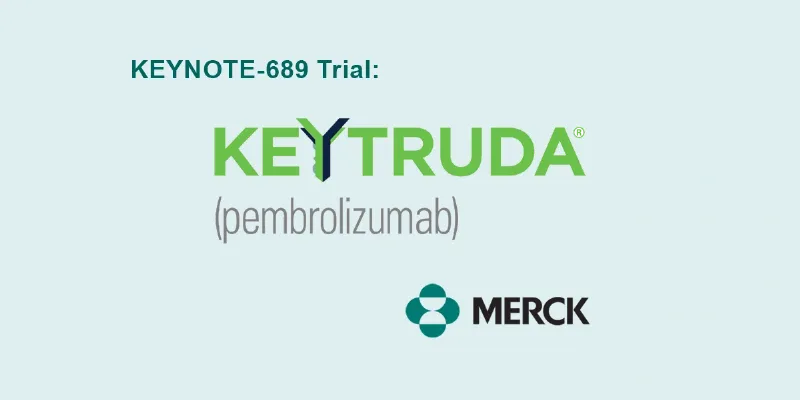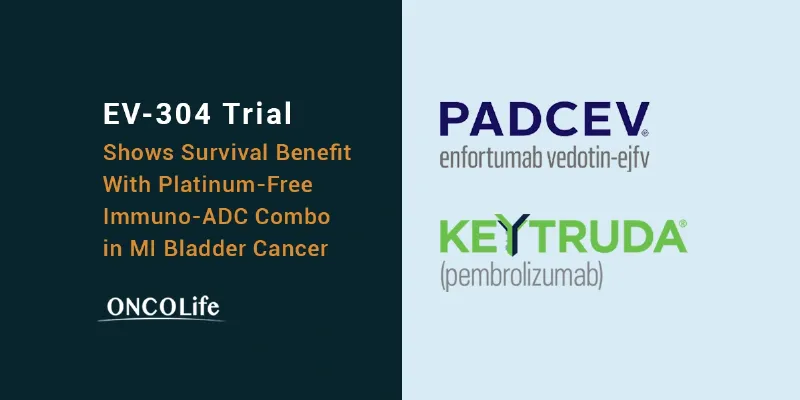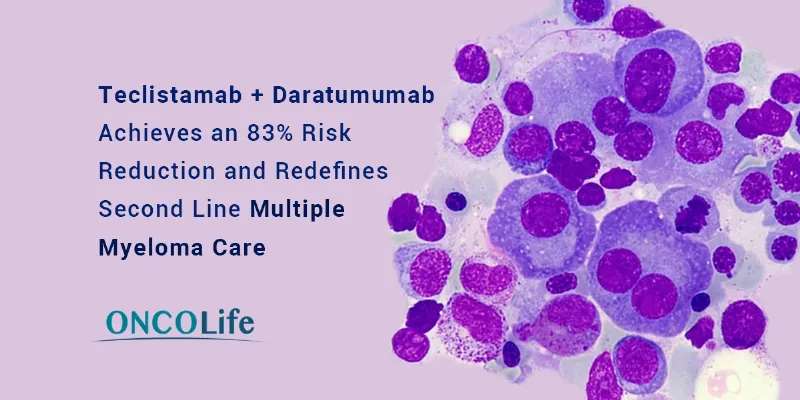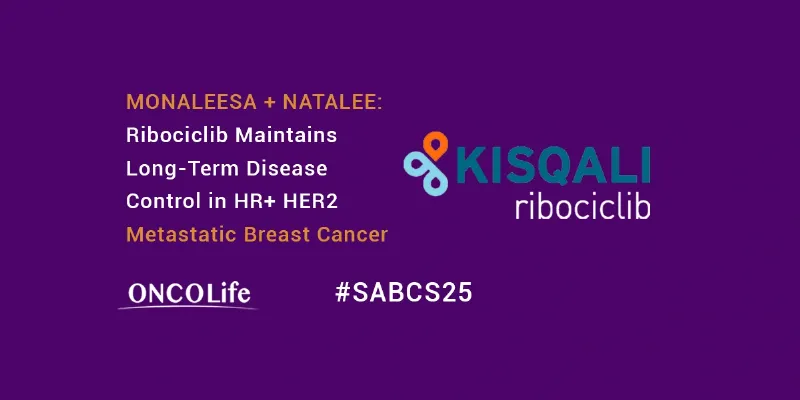Pembrolizumab Improves Event-Free Survival in Resectable Head and Neck Cancer

In the Phase 3 KEYNOTE-689 trial, pembrolizumab (Keytruda) combined with standard care significantly improved event-free survival (EFS) in patients with resectable, locally advanced head and neck squamous cell carcinoma (LA-HNSCC). The regimen reduced the risk of EFS events by up to 34%, including a 27% reduction in the overall intent-to-treat population. It also boosted major pathological response rates, with no new safety signals observed.
Presented at the American Association for Cancer Research (AACR25) Annual Meeting, the promising results from the Phase 3 KEYNOTE-689 trial suggest a potential breakthrough in the treatment of head and neck cancer. The study evaluated Merck’s anti-PD-1 immunotherapy pembrolizumab as a perioperative therapy for patients with resected stage III or IVA squamous cell carcinoma, marking a potential turning point in the treatment of this aggressive cancer.
Administered first as neoadjuvant therapy, then continued with standard-of-care (SOC) radiotherapy (with or without cisplatin) and later as adjuvant monotherapy, pembrolizumab significantly improved event-free survival (EFS) across all patient subgroups, including those defined by PD-L1 expression levels.
A 27% Risk Reduction in EFS Events
The data, based on a median follow-up of 38.3 months, showed a 27% reduction in the risk of EFS events in the intent-to-treat (ITT) population (HR=0.73; p=0.0041), rising to 34% in patients with a PD-L1 combined positive score (CPS) ≥10 (HR=0.66; p=0.0022). These are clinically meaningful results for a disease where relapse and progression remain key challenges.
“As the first positive trial in over two decades for patients with resectable, LA-HNSCC, the presentation of these landmark results marks an important moment for these patients and those who care for them,” said Dr. Ravindra Uppaluri, co-principal investigator and Director of Head and Neck Surgical Oncology at Dana-Farber Cancer Institute. “KEYNOTE-689 represents a meaningful development with a potential to provide an option that helps certain patients with LA-HNSCC reduce the risk of recurrence and disease progression earlier in their treatment journey.”
Median EFS improved dramatically:
- CPS ≥10: 59.7 months (KEYTRUDA+SOC) vs. 26.9 months (SOC alone)
- CPS ≥1: 59.7 months vs. 29.6 months
- ITT population: 51.8 months vs. 30.4 months
Immunotherapy Moves Upstream
Pembrolizumab is already a cornerstone of treatment for metastatic or recurrent HNSCC. With KEYNOTE-689, Merck now makes a compelling case for its use in earlier stages of disease—specifically in the perioperative window, a time when the immune system may be primed to attack micrometastatic disease.
“The addition of immunotherapy using KEYTRUDA to standard of care surgery and adjuvant (chemo) radiotherapy resulted in a significant reduction in the risk of event-free survival events by 27%, compared with standard of care therapy alone,” said Dr. Douglas Adkins, Professor of Oncology, Washington University School of Medicine. “These results are notable as they mark the first time an anti-PD-1 therapy has demonstrated a statistically significant and clinically meaningful improvement in EFS in earlier stages of HNSCC.”
The study also reported improvements in major pathological response (mPR), with statistically significant gains across all PD-L1 subgroups:
- CPS ≥10: +13.7%
- CPS ≥1: +9.8%
- ITT: +9.3%
While overall survival (OS) data are not yet mature, an encouraging trend was observed in the CPS ≥10 subgroup (HR=0.72), supporting the potential long-term benefit of this approach.
Design and Safety: A Closer Look
KEYNOTE-689 enrolled 714 treatment-naïve patients with newly diagnosed, resectable stage III or IVA LA-HNSCC. Patients were randomized 1:1 to receive either:
- Neoadjuvant pembrolizumab (200 mg IV Q3W for 2 cycles) before surgery, followed by SOC radiotherapy (with or without cisplatin) plus pembrolizumab (200 mg IV Q3W for 15 cycles), or
- SOC radiotherapy (with or without cisplatin) alone post-surgery.
The safety profile was consistent with prior studies of pembrolizumab. Grade ≥3 treatment-related adverse events occurred in 44.6% of the pembrolizumab arm and 42.9% of the SOC-only arm. Immune-mediated AEs (any grade) were reported in 43.2% of patients receiving pembrolizumab, most commonly hypothyroidism (24.7%). Importantly, treatment-related deaths were rare—1.1% in the pembrolizumab arm vs. 0.3% in the SOC-only group. No new safety signals emerged.











Comments
No Comments Yet!